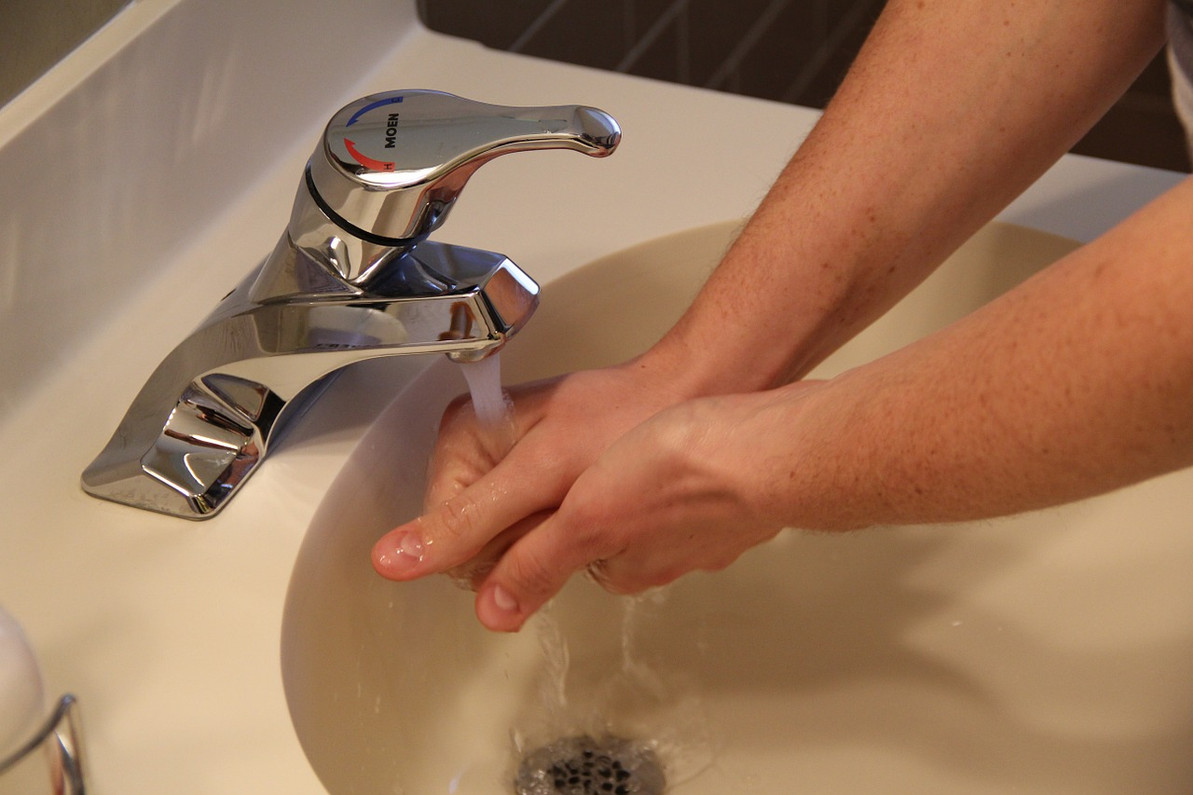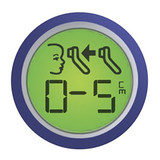Preventing The Spread Of MRSA In Hospitals
 MRSA is a huge risk that must be
dealt with on a daily basis by hospital staff and managers. This
strain of bacterial infection is resistant to antibiotics, making it
highly dangerous in many cases, and earning it the common “superbug”
nickname.
MRSA is a huge risk that must be
dealt with on a daily basis by hospital staff and managers. This
strain of bacterial infection is resistant to antibiotics, making it
highly dangerous in many cases, and earning it the common “superbug”
nickname.
MRSA originates from harmless bacteria that lives on human skin and are commonly transferred from person to person. These become dangerous only when they enter the body or the bloodstream, but in a hospital this is more likely as compared to usual circumstances.
The infection is statistically one of the biggest risks to patients who are already in hospital, partly because many patients have weakened immune systems while receiving treatment for other problems.
Although awareness has increased over the years and major steps have been taken to get MRSA under control, it still represents a great burden on healthcare providers, costing money and lives every year.
As a recommended medical supplier for the NHS and many private healthcare providers, we have plenty of products in stock which can help with the prevention of infections like MRSA, but following simple guidelines when it comes to hygiene is also essential. A main risk factor in any hospital is the staff themselves, and this is the point most authorities (including the NHS) treat as the front line for fighting and controlling MRSA.
Some of the most common recommendations to prevent the bacteria spreading include:
-

Ensuring patients are as protected as much as possible, and never left with open wounds of any kind or exposed to potentially contaminated objects or surfaces
- Washing hands appropriately and frequently, especially after dealing with other patients, going to the bathroom or eating
- Wearing protective gloves and using other protective measures where appropriate (see our infection control medical supplies for an extensive range)
- Communicating effectively about any particular risks which are identified, making sure problems are reported and dealt with immediately, and everyone is clear on what minimum standards are in place for hygiene
Recent Posts
-
Cauteries & Cryosurgery for minor procedures
Cauteries and cryosurgery work in a similar fashion, even though they are at opposite ends of the s …4th Jul 2019 -
Choosing the best digital thermometer
As any parent, or healthcare professional knows only too well, getting an accurate temperature read …6th Jun 2019 -
World Hand Hygiene Day
Any healthcare professional will be able to attest to the importance of good hand hygiene. 5 May 2 …1st May 2019




